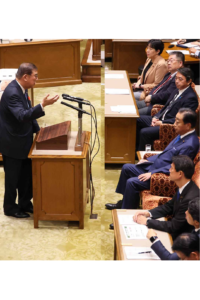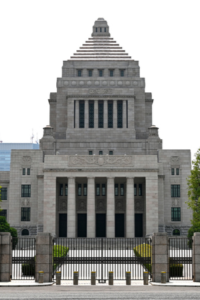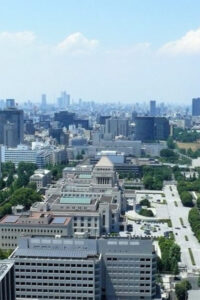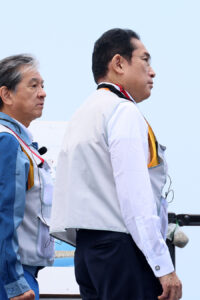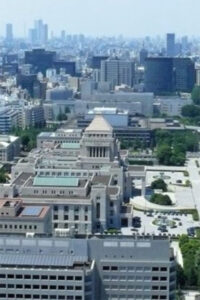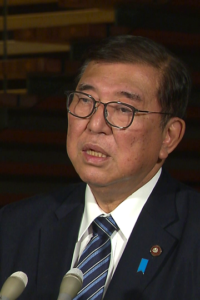
With the rise of the Democratic Party for the People (DPP), the “tax barrier” suddenly emerged. How did the DPP’s electoral strategy come about, and who supported it? And to what extent will the expansion of tax exemptions actually reduce the burden, and on whose behalf? Let’s consider a system that can bring real voices into politics. Two reasons for this focus The issue of the “1.03-million-yen barrier[1]” suddenly became the focus of political discussion, and the media reported on it extensively day after day. This is none other than a measure to significantly raise the current income tax exemption limit from 1.03 million yen to 1.78 million yen, and is the flagship policy of the DPP, which made a breakthrough by quadrupling its number of seats in the general election on October 27, 2024. If the new limit is really 1.78 million yen, ... ... [Read more]
